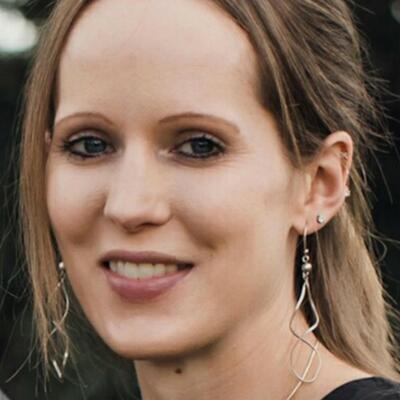
In my school district, we’re used to attending conferences at least once a month during the summer. So all the in-person professional development cancellations are felt by our teachers. However, with a little creative thinking, our options for summer professional development haven’t completely disappeared. Plenty of virtual conferences have popped up, some free (such as the ASCD Virtual Conference), and most of them are recorded so they can be viewed at your convenience.
But if conferences aren’t what you’re looking for, here are some other ways for you to get ahead over the summer months:
- Webinars. With your extra time, now is when you can truly engage in the multitude of free webinars out there. You might get some good ideas while earning Continuing Education Units. A few quality options include:
- Read books. Do you have a long list of education books you’ve been meaning to read? Read them! Even better, start or join a book club so you get a chance to discuss what you’re reading. “Culturally Responsive Teaching and the Brain” by Zaretta Hammond is at the top of my reading list. For more ideas on what to add to yours, check out this list of 100 books every teacher should read.
- Connect. Some of the most valuable conversations I’ve had have been with people within my professional network who work in roles similar to mine. I also have a renewed appreciation for my local service cooperative, which is an agency that provides services and support to educational institutions within a certain region. It notifies me of professional development, networking, training and all manner of other opportunities and in current circumstances, it’s allowed me to connect virtually with other professionals and professional learning networks. And sometimes, just searching a subject or specific teaching position will yield Facebook groups I could join and connect with, another way of finding like-minded educators to learn from.
- Learn from the experts. Many experts and organizations now have quality distance learning resources for teachers and families. In addition to those, read up on the current requirements and recommendations from your state Department of Education. In addition, there is a report from the U.S. Department of Education, as well as blogs and podcasts like the Cult of Pedagogy and Education Week. You can also evaluate ed tech tools yourself by checking out ratings and reviews.
- Plan ahead. With so much uncertainty around what school will look like in the fall, prep your lessons for distance learning. Even if school resumes in the classroom, you can still use virtual learning activities in other ways, such as self-guided group lessons or an extra challenge for fast workers. Record yourself presenting whole-group lessons, which can be used for remote learning, in a flipped classroom or as a resource for students to reference. Or dedicate this time to creating a plan in an area you struggled in when teaching went virtual, like consistent communication with parents/guardians or providing better learning activities at home.
It is undeniable that most educators need a well-deserved break this summer. But when your summer starts to drag, know that there are still ways for you to get back into the educator mindset and grow yourself professionally.
Explore American College of Education’s micro-credentials for educators, designed to help you gain expertise in a specific area while you earn credits that can be stacked toward a larger program at your convenience.

